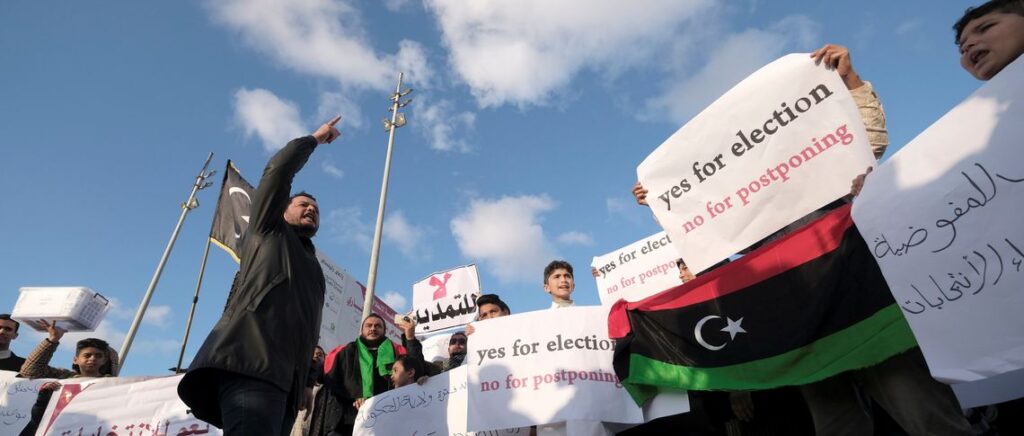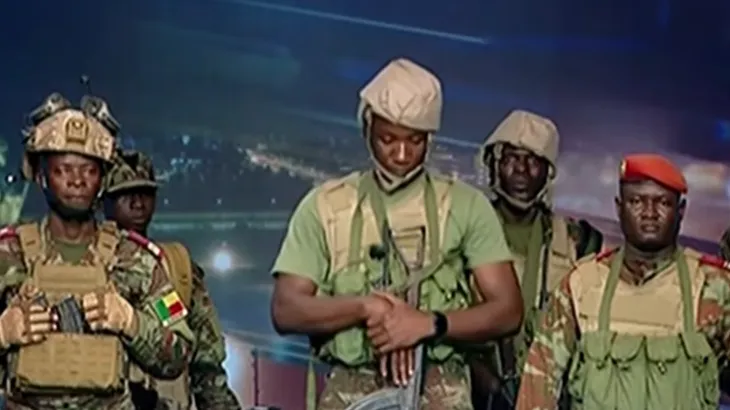
Two Ugandan TikTokers, David Ssengozi (21), known as Lucky Choice, and Isaiah Ssekagiri (28), have been detained for allegedly insulting President Yoweri Museveni, First Lady Janet Museveni, and the president’s son, Gen. Muhoozi Kainerugaba. The arrests stem from videos posted on TikTok that reportedly contained derogatory content targeting the first family and musicians affiliated with the ruling National Resistance Movement (NRM).
Magistrate Stella Maris Amabilis ordered the detention of Ssengozi and Ssekagiri at Kigo prison until their court appearance on Wednesday. Both men face charges of hate speech and disseminating malicious information, alongside a third suspect, Julius Tayebwa (19), who was previously remanded in connection with the same charges.
The accused individuals are alleged to have posted content on TikTok with the intent to “ridicule, degrade, demean, and incite hostility” against Uganda’s first family and their associates. The magistrate allowed the detention after police stated that further investigations were ongoing.
The case has drawn attention due to its connection to ongoing government efforts to limit criticism of the president and state officials. In September, police spokesperson Rusoke Kituuma had warned that insulting the president, referred to as the “fountain of honour,” was a criminal offense. The case has sparked concerns about freedom of expression, particularly on social media platforms.
In April, a video posted on TikTok under the username LuckyChoice70, titled My First Enemies, sparked controversy for using sexually explicit language to criticize the first family. The video’s exact role in the arrests remains unclear.
This incident follows a similar case in July, when a 24-year-old man was sentenced to six years in prison for insulting the president and his family in a TikTok video. The man had pleaded guilty and sought forgiveness for his actions.
Human rights organizations and international observers have expressed concerns over the Ugandan government’s crackdown on online speech. Last year, the U.S. government accused Uganda of limiting internet freedom through criminal penalties. The country’s restrictions on free expression have also faced widespread criticism, especially after the case of author Kakwenza Rukirabashaija, who fled to Germany after being tortured in custody for making critical comments about the president on social media.
As the case against Ssengozi and Ssekagiri develops, many are watching the broader implications for freedom of speech in Uganda.




